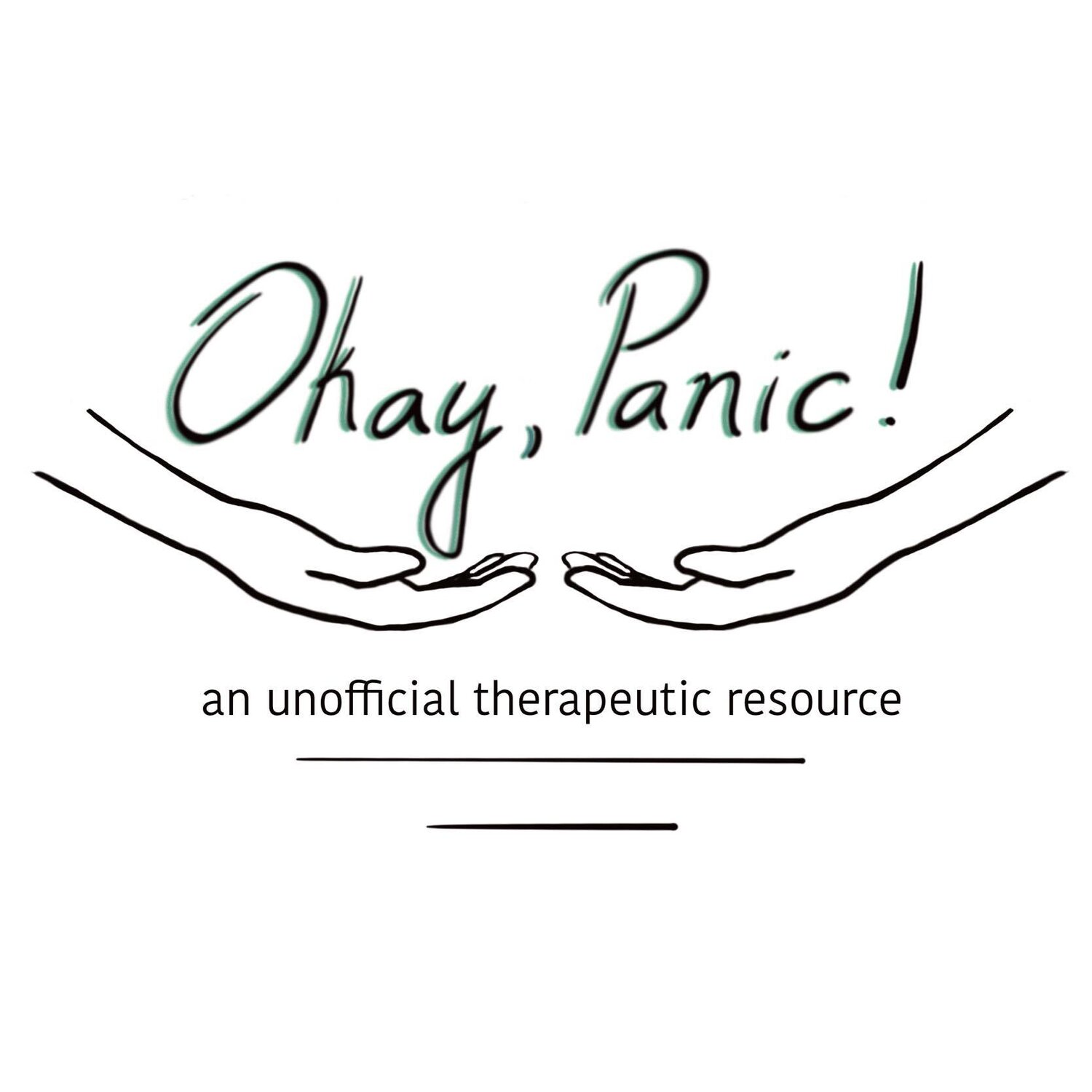Managing Your Emotions Through World Crisis
This is not the first time we’ve heard about something devastating taking place and I’m sure it won’t be the last. However I finally feel like I’m starting to understand how to manage my feelings and my anxieties when my social feed is suddenly flooded with news. I am someone whose first nature is to absorb the feelings and emotions of everyone around me but I have worked very hard in the last few years to recognize my own emotional boundaries and how to manage taking on other people’s emotions too. Yesterday I was made aware of what happened in Ukraine, and that all to familiar sinking feeling came up. If you’re also like me and you don’t live in Ukraine, you probably know the one - sadness, frustration, helplessness, worry, loss of control, and even anger. You feel so frustrated by your limitations as one person it can be overwhelming to deal with all of them at once and not just…shut down. I thought that I would write a quick little list of tips and strategies that I’ve used that have helped me move through difficult times. I want to be clear that this is specifically for those of us not immediately caught up in the crisis - while it has a global reach these suggestions are specifically for those of us who are watching from the sidelines, wanting to help but not knowing how.
Set Information Intake Boundaries
Yes. It’s important to stay informed and know what’s happening. It’s important to try to understand what and why things are taking place and who is involved. That doesn’t mean you need to be checking updates, or reading posts every minute of every day. Taking a break from that information does not mean that you don’t care. Give yourself 20-minutes to read posts and read articles. And read the right ones. Search for factual information not opinion pieces. Set your timer and when that 20-minutes is up, honour it. Spending 3 more hours reading isn’t going to make you any more useful. It’s just going to give anxiety and worry time to spiral out of control. Tailor this to what feels right, maybe 20-minutes in the morning and 20-minutes and night and sandwich it between other activities.
2. Share Facts
During your allotted social media/internet time, use it to share useful information so that other people can learn about and understand what’s going on. Use trigger warnings if you are posting about anything that could be hard to read or hard to watch. This will help the people that are trying to give themselves space from the intake (especially those living through it) a chance to decide whether they want to see something or not. Share ways to help - this one I find really helpful. Rather than posting video after video of the horrible things happening, focus your attention on what people can do to provide relief and support. Who they can contact, where they can donate, what petitions they can sign etc.
3. Keep to Your Routine
At times like these, it feels we should stop everything. We should be carrying on with our daily lives when things are happening somewhere else in the world. It feels strange and we feel guilty. We feel like we shouldn’t be allowed to find that joy or that contentedness while others cannot. I know. This is one of the hardest things to sit with. But keep to your routine. It’s okay. Your routine is what is going to keep you mentally ready to support those who need it. Maybe you have friends and family who are scared and hurting. They might need you. If you shut down, how can you support them? Keep going, keep doing the things. Be mindful, but don’t stop everything. You shutting down and stopping won’t make it go away.
4. Take Action
Find a way to help. Feeling helpless and useless is hard when you feel like you have no influence. If you are in a place to, donate funds for relief or support. Sign petitions. Contact people who can make a difference like Government officials. Join protests if you feel safe doing so. Taking action is going to look different for everyone and for every unique event. But it doesn’t have to be a grand gesture - in fact it probably won’t feel like one ever. Sharing helpful information can be considered taking action too - we don’t all have the monetary means to contribute financially and that’s okay. Help get the information to those who do.
5. Self Soothing
It’s okay to feel sad and it’s okay to feel uncomfortable. It’s also okay to keep moving through your day even while you carry those feelings. You alone won’t be able to change the world in one day - focus on the small things that you can do. Commit to staying aware and learning and supporting where you can. Be there for others and provide space for them to grieve and feel their feelings. This is not supposed to feel good, it’s okay that this is hard. You are not a bad person because you can’t change what’s happening. Commit to and trust that you will show up where you can.
As I write that, I am staring at a scrap of paper my old therapist gave me and it says:
“How does what I am feeling make sense?”
“Just like me…how am I not alone in this?
I know our hearts are heavy and it can be hard to hold space for ourselves when we need to hold space for those in crisis. It’s both/and not either or. You are not alone in this, and it’s okay to feel what you feel. I hope this helps.
-B

